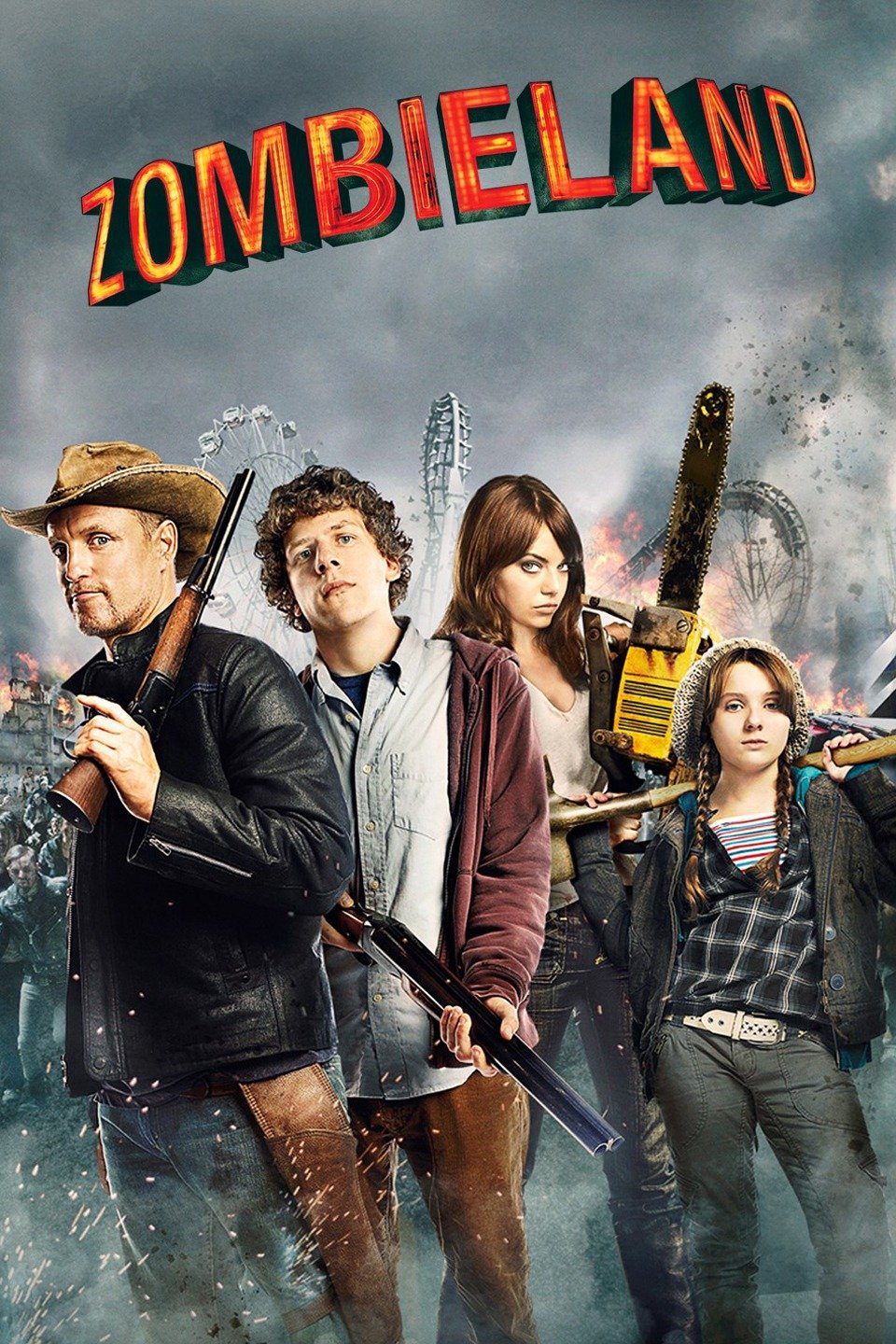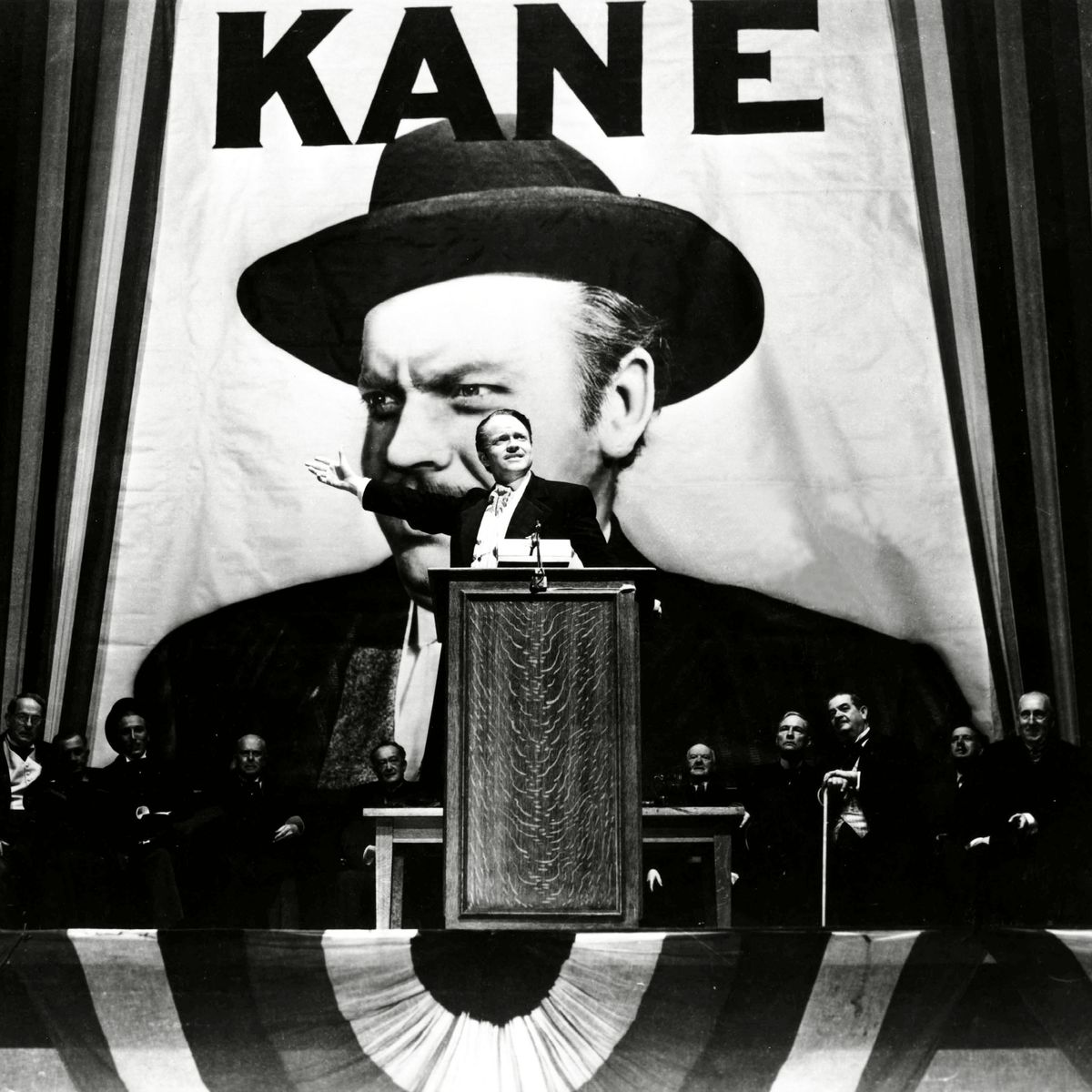Psychological Horror is a subgenre of the Horror genre, which rather than focusing on quantifiable threats (though this is not a hard-and-fast rule), create fear through the use of abstract concepts and undefeatable forces. This often crosses through the adjacent ideas of Art Horror, Existentialism and Horror-of-Personality.

- The inception of the genre is found in the German Expressionist movement, wherein most horror finds its genesis, though Psychological Horror specifically finds its development because the films of the time were being made to express the zeitgeist of fears that the German public felt during the period. The Cabinet of Dr. Caligari is exemplary here, as its horror is derived from a pervasive force of calamity which causes people across the town to die and go missing, hypnotic phenomena which appear to defy the laws of nature, and eventually, the plot spiraling into the confusing chaos of its unreliable narrator and obscure truth.
- The classics of the genre come from, among others, the Russian-taught auteur Alfred Hitchcock. His films, due to extremely strict rules surrounding violence and sexuality in movies, relied far more heavily on implication, as well as horror of the mind. Among others, Psycho is a great example of this, as the most graphic visual to appear onscreen is a withered skeleton, but it creates dread in the viewer’s brain through the sheer tension it builds, and the nature of the characters appearing.
- Parodical takes on these classics include the Hitchcock spoof High Anxiety, which takes some of the tropes associated with the genre and flips them on their head, introducing a lot of aspects such as dirty jokes and sexual humour to subvert the usual more psychological take Hitchcock has on his characters’ sexuality, as could have been seen in Psycho with its sexually confused and sadistic killer. Here, though, such themes are explored with encounters with flashers, or references to S&M sessions. This takes things that we see as intellectual or complex in true psychological horror movies and turns them into a joke.
- The genre becomes deconstructed later on in David Lynch‘s body of work, another esteemed and distinguished auteur, during the 20th Century, starting in the 70s with the Black & White silent feature Eraserhead – which takes the usual storytelling horror of the psychological horror film, and abstracts it into a pure and primordial force in the form of the protagonist’s child. It is something fully unrecognizable to any audience member purely through its appearance and actions, but we are forced to give it its meaning and realise its true horror exclusively through the viewer’s mind.











